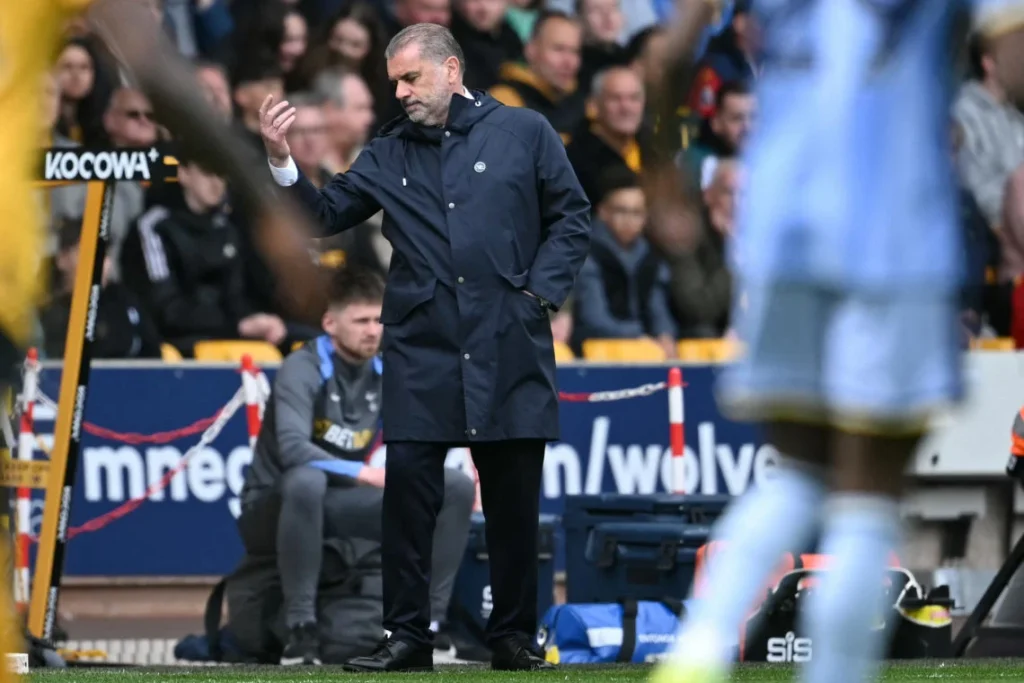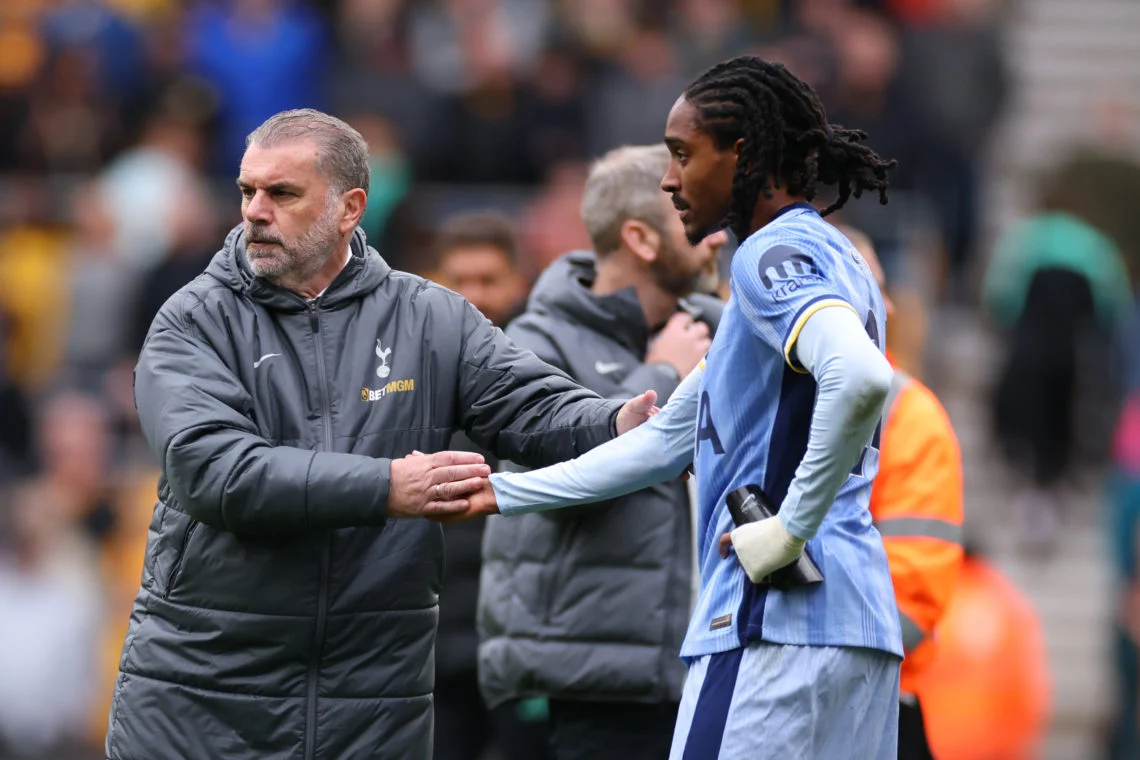The mood around Tottenham Hotspur grows increasingly somber as their disastrous Premier League campaign lurches from one disappointment to another. With just six wins from thirty-two matches, Spurs sit fifteenth in the table—a humiliating position for a club of their stature.
Ange Postecoglou, once heralded as the architect of an exciting new era, now cuts an isolated figure on the touchline, his animated passion replaced by weary resignation.
Sunday’s 4-2 defeat to Wolverhampton Wanderers felt like a new nadir—a performance riddled with defensive errors, tactical confusion, and a palpable lack of belief. Mathys Tel’s visible frustration at full-time encapsulated the mood of a squad that appears broken, its confidence shattered by a relentless cycle of setbacks.
Even with key players returning from injury, Tottenham show no signs of revival, leaving Postecoglou’s future in serious doubt.
Gary Lineker Identifies a Growing Concern
The alarming decline has not gone unnoticed by those who have observed Spurs’ struggles from afar. Gary Lineker, speaking on The Rest Is Football podcast, pinpointed an issue that may be exacerbating Tottenham’s woes—Postecoglou’s own demeanor.
“I’ve defended his approach because, at its best, Spurs’ football has been thrilling to watch,” Lineker admitted. “But lately, it feels like the weight of this slump has become too much for him. His press conferences have taken on a fatalistic tone—talking about ‘footballing gods’ being against him, as if luck alone is to blame. That kind of rhetoric can seep into the dressing room, and when players are already low on confidence, they need their manager to lift them, not reinforce the negativity.”
Lineker’s observation carries weight. Postecoglou, who enjoyed near-instant success at Celtic, has never faced a crisis of this magnitude in his managerial career. The Premier League’s relentless intensity has exposed flaws in his system, and his inability to adapt has left Spurs vulnerable week after week.
While Europa League success remains a distant possibility, the league campaign has already descended into damage limitation.

Postecoglou’s greatest strength—his unwavering commitment to attacking football—has become his biggest weakness. Opponents have long since worked out how to exploit Tottenham’s high defensive line, and yet the approach remains unchanged.
The lack of pragmatism has cost them dearly, with even relegation-threatened sides now fancying their chances against Spurs’ brittle backline.
More concerning than the tactical stubbornness, however, is the growing sense that Postecoglou has lost the dressing room. Players who once bought into his philosophy now look unsure, their body language betraying a team that no longer believes in the plan. When a manager’s energy dips, so too does the team’s—and Postecoglou’s recent demeanor suggests a man running out of answers.
Daniel Levy’s Contingency Plans
Unsurprisingly, Tottenham chairman Daniel Levy is already assessing alternatives. Among the names reportedly under consideration, Bournemouth’s Andoni Iraola stands out as a leading candidate. The Spaniard has impressed with his dynamic, high-pressing style at the Vitality Stadium, turning the Cherries into one of the league’s most organized sides. Brentford’s Thomas Frank is also admired within the Spurs hierarchy, though Iraola appears to be the preferred option should Postecoglou depart.
The timing of any potential change remains uncertain. Much may depend on whether Tottenham can salvage something from their Europa League campaign—a competition that now represents their only path to redemption this season. Yet even if they progress, the Premier League form is so dire that Levy may decide a fresh start is necessary regardless.
Is There Any Way Back for Postecoglou?
There is no denying Postecoglou’s pedigree. His work at Celtic was transformative, and early glimpses of his Tottenham side suggested a thrilling project in the making. But football is a results business, and the brutal reality is that Spurs have regressed alarmingly under his stewardship.
If he is to survive, he must find a way to reconnect with his players and inject some much-needed resilience into their performances. A deep Europa League run could buy him time, but unless there is a dramatic upturn in league form, his tenure may be cut short before he ever gets the chance to fully implement his vision.
For now, Tottenham limp forward, their season defined by frustration and unfulfilled promise. Postecoglou’s challenge was always going to be immense, but few could have predicted just how badly things would unravel. As the pressure mounts, the question is no longer whether he can turn things around—but whether he will even be given the chance.

